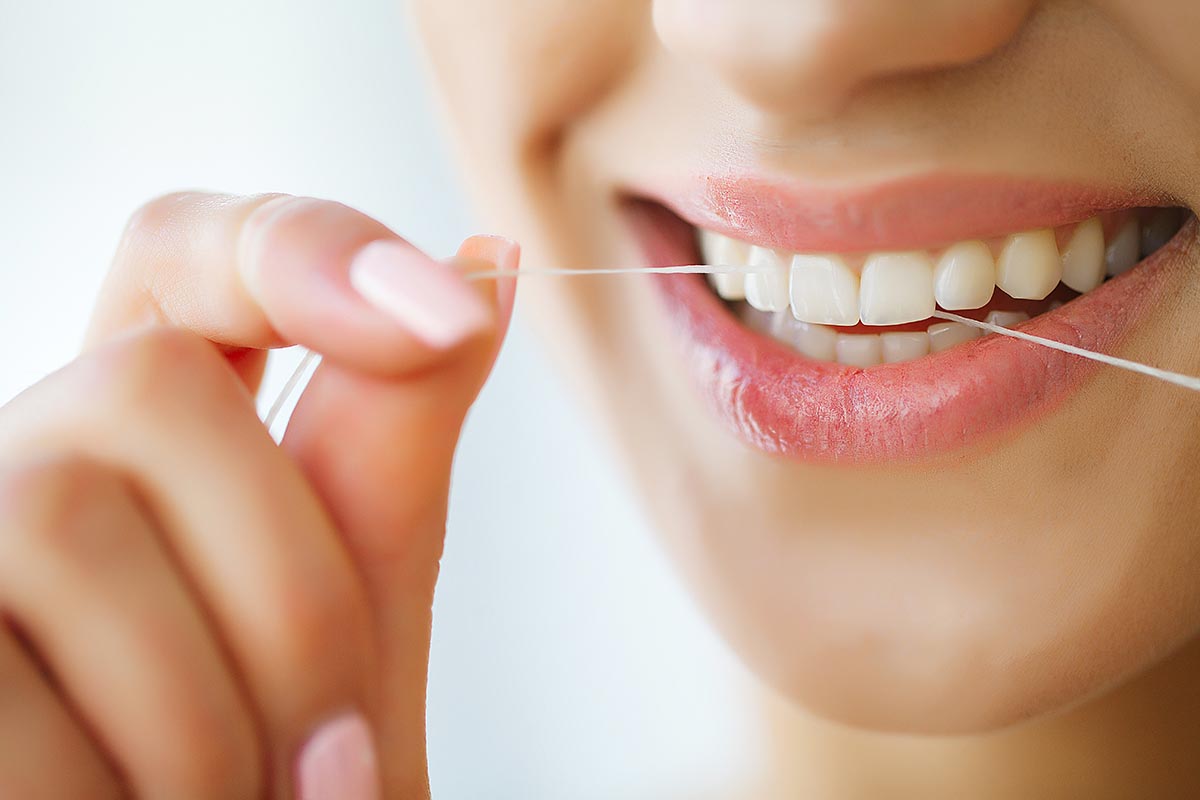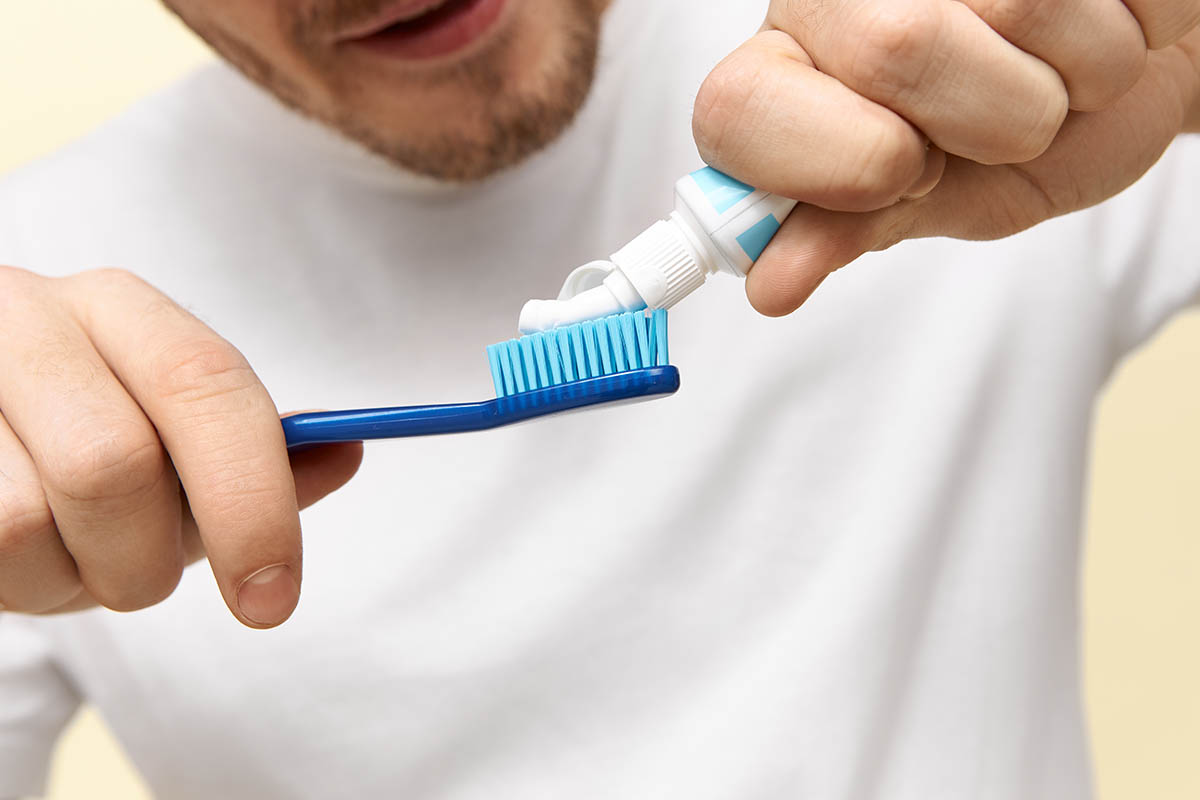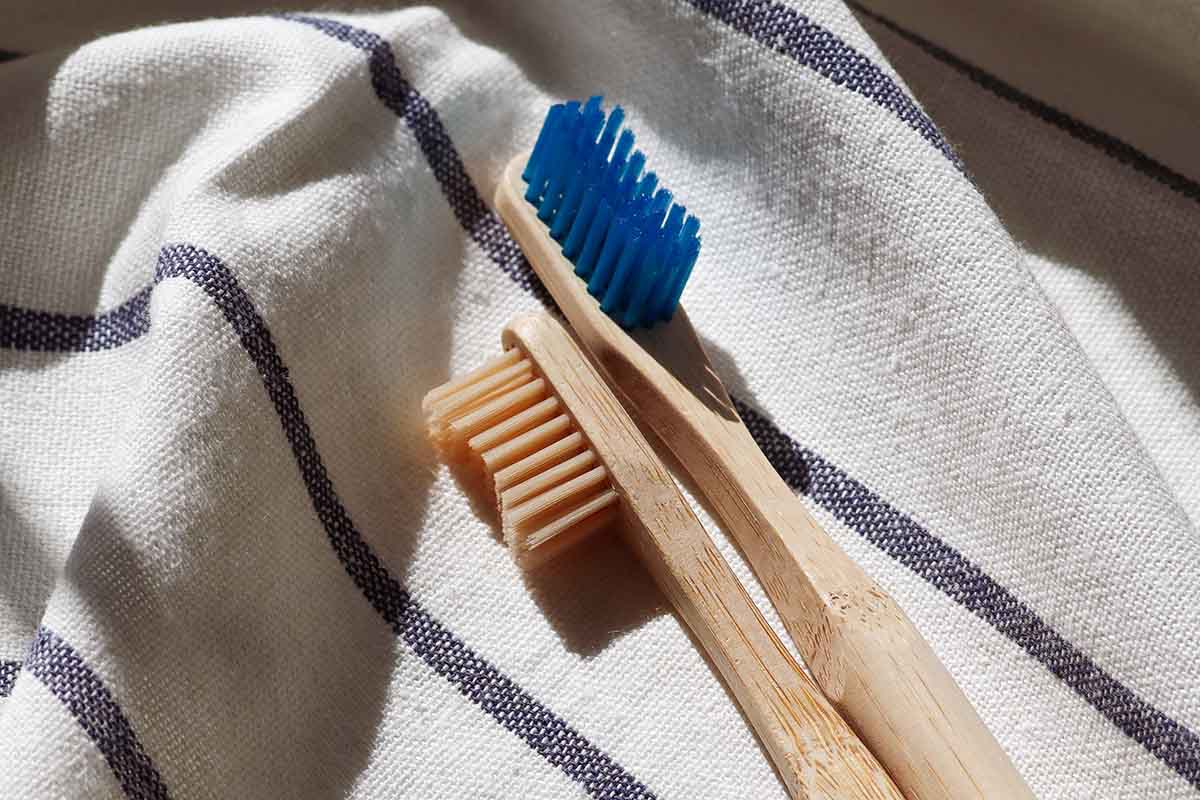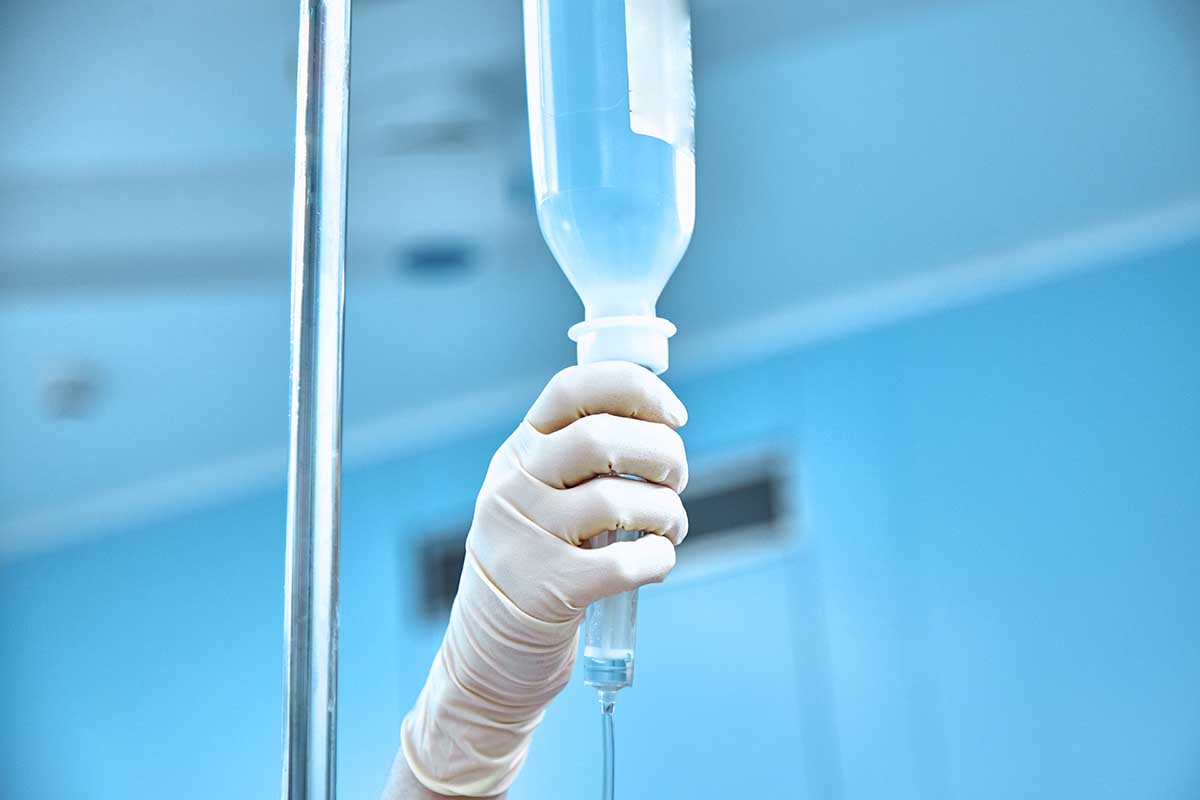8 Effective Ways to Improve Your Oral Health
According to the Centers for Disease Control and Prevention (CDC), 26 percent of adults have tooth decay that they either aren’t aware of or have left untreated. As if that’s not bad enough, 46 percent of individuals older than 30 show signs of gum disease.
Yet, the reality is most adults aren’t aware of the damaging effects of these conditions. Most people don’t really pay as much attention to their dental or oral health as they should, to the detriment of their overall health and well-being.
Studies link gum disease to an increased risk of cardiovascular disease, high blood pressure, stroke, arteriosclerosis, and other metabolic syndrome-related conditions. Also, research has shown that great oral hygiene can improve your overall health and even affect your career prospects –people with great smiles tend to land their dream jobs and rise through the ranks faster. So if you’ve been ignoring your oral health and hygiene, now is the best time to start taking better care of it.
Brush Twice Daily
You’ve probably heard this many times but haven’t been practicing it. Well, you really should practice this dental routine religiously. Brushing at least twice daily –first thing in the morning and last thing at night– is a great way to get rid of bad breath or halitosis, prevent plaque and tartar buildup, improve the strength of your enamel and help you retain your natural teeth for a long time.
Floss Frequently
Flossing is a great way to reach the crevices that your toothbrush can’t. It helps get rid of food particles in hard-to-reach places like the very tiny spaces between each tooth. In fact, some clinical studies have shown that flossing and brushing combined reduce mild gingivitis or the severity of gum disease without any other treatments. So if you suspect that you may have mild gum disease, this is a great way to slow down its progression.
Visit the Dentist Twice a Year
Many people assume that when dentists recommend that they come around at least twice a year, the dentists are looking to add to their revenue streams. As a result, they ignore this practical advice.
Yet, regular dental visits have tremendous health benefits, the most popular being better oral health. But it doesn’t stop there; your dentist’s job isn’t just restricted to cleaning, scaling, polishing, and replacing lost teeth; they also take a look at your overall health. For example, a visit to the dentist can help you spot oral or throat cancer early on, thus improving your odds of beating the ailment.
Avoid Sugary Foods
Most Americans consume about 6 cups of sugar every week, or almost 14 teaspoonfuls daily. These sugars are not obtained directly from adding granulated sugar to their drinks or foods. It’s mostly from alternate sources like sugary drinks, beers, and so on.
The point is that’s a lot of sugar, and most people shouldn’t be consuming that much. Apart from sugar’s ability to cause diabetes and obesity, it can also cause or accelerate tooth decay and cavities. Instead of consuming processed, refined, or granulated sugars, replace them with fruits and veggies instead and drink more water too. These are also great sources of natural healthy sugar.
Improve Oral Health: Avoid Excessive Amounts of Fluoride
Fluoride in tiny quantities can be beneficial to one’s health. It does help with fighting cavities and tooth decay. And while there’s a decent amount of fluoride in your drinking water, taking too much of it can be harmful.
The truth about fluoride is that excessive consumption has been linked to oral issues and certain types of cancers, cognitive impairment in children, Alzheimer’s disease, dementia, and hypothyroidism. So, make sure to spit out your toothpaste completely when you brush, as you probably have more than enough fluoride in your water supply.
Avoid Tobacco
Tobacco, whether eaten raw or smoked, is capable of causing tooth discoloration and oral cancer. When it comes to oral health and hygiene, tobacco is your absolute worst enemy.
People who chew it are known to develop halitosis or bad breath. And those who smoke it further increase their odds of developing cancers of the lungs, throat, mouth, and nasopharyngeal cancers. Even if you’re lucky not to have these conditions, smoking can affect your skin’s glow, making it look dull and dry.
If you’ve already started smoking, now’s the best time to seek alternative treatment options. Thankfully, there’s a wide variety of options that allow you to get your nicotine fix without inhaling the smoke and blackening your insides.
Replace Your Toothbrush Every 3-4 Months
First, choose a toothbrush that’s gentle on your enamel and gums. Soft-bristle toothbrushes and electric toothbrushes are great for protecting your enamel and preventing damage to your gums.
Many adults prefer hard toothbrushes because they seem always to get the job done and give the feeling of clean teeth. And that may be true. But the long-term effects may supersede the short-term feelings of cleanliness.
However, if you must use a hard-bristled toothbrush, be very careful about applying too much pressure to your enamel and gums. Also, remember to change the toothbrush every 3-4 months, as they start losing their effectiveness after that.
Improve Oral Health: Clean Your Tongue Every Day
Many people brush their teeth and leave their tongues. And if they do brush the tongue, it’s just perfunctory and without any effort. Yet, they wonder why their breath smells funky. Well, the tongue is a breeding ground for oral bacteria. These bacteria in small amounts are healthy, as they help break down leftover food in the mouth. But over time, their population grows, and when they break down those food particles, the reaction produces a foul smell. This is what causes your halitosis.
So scrape that tongue every day with a tongue scraper. If you don’t have a tongue scraper, use a spoon. It works okay too. Or you can use your toothbrush. Just make sure to brush vigorously, back and forth, or in circular motions to get all the gunk out.
This will help clean out the tongue and eliminate the bulk of the bad odors in the mouth.




















